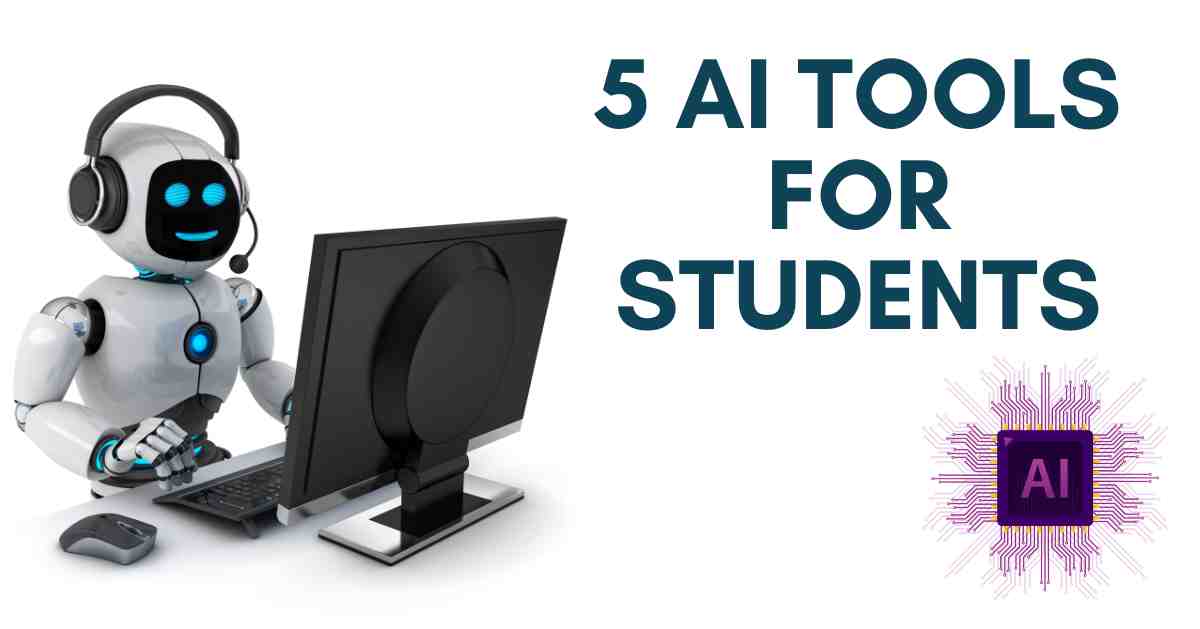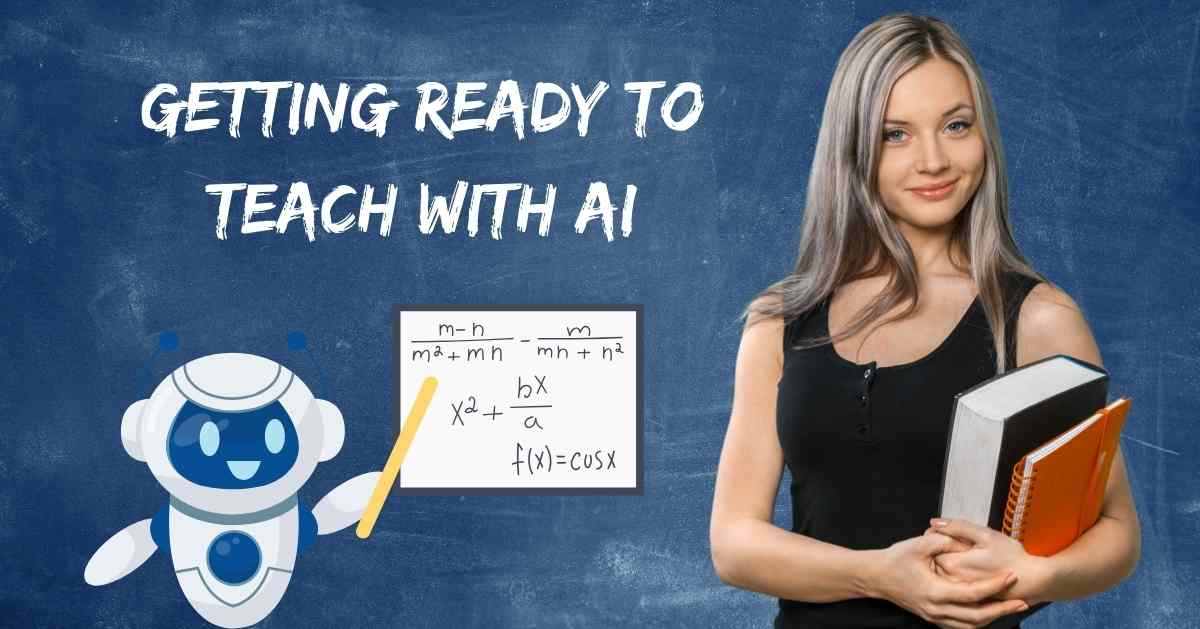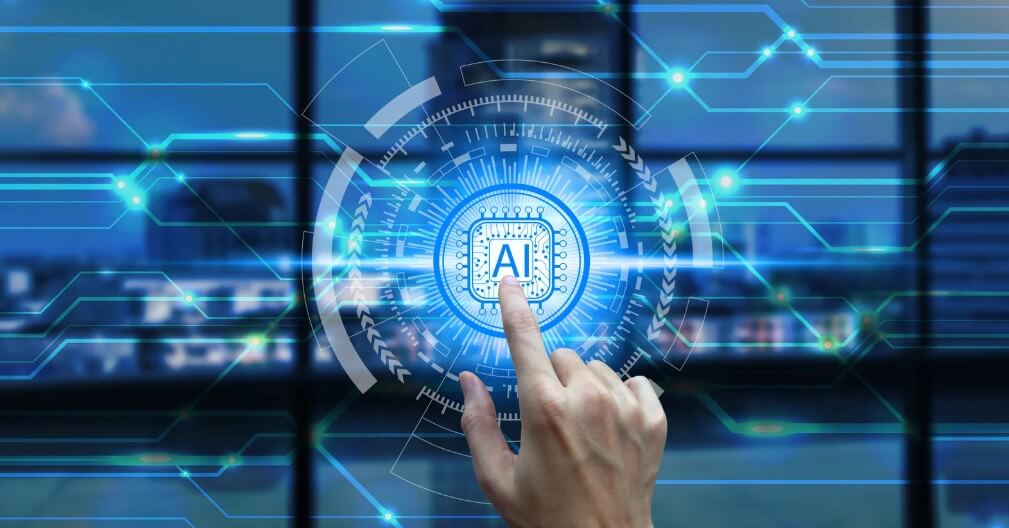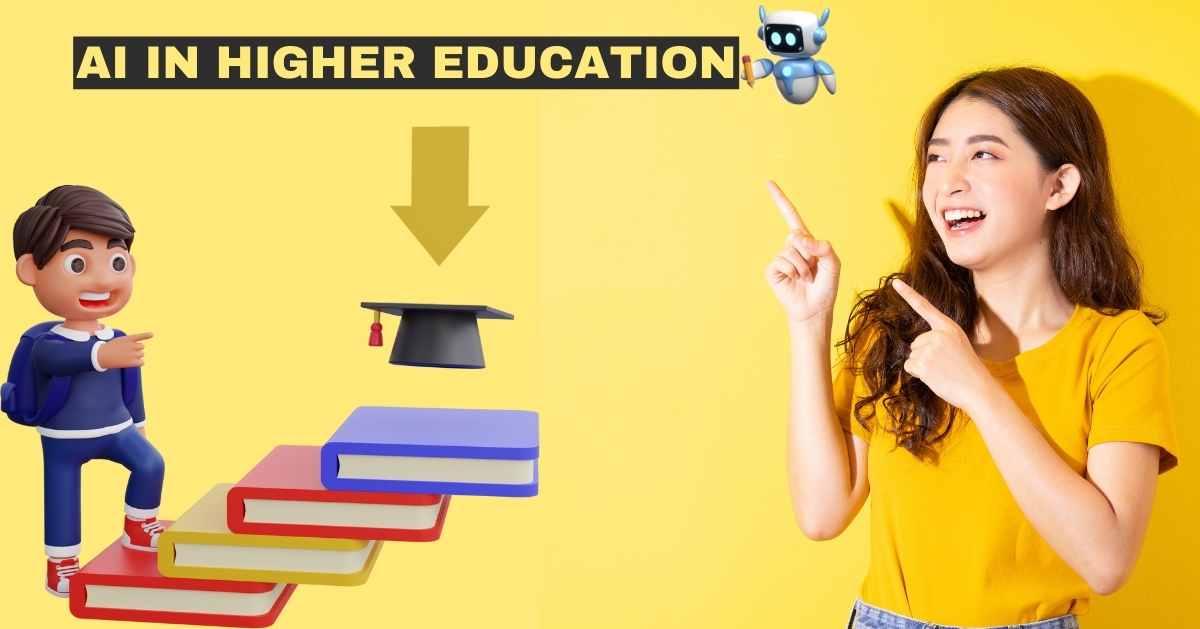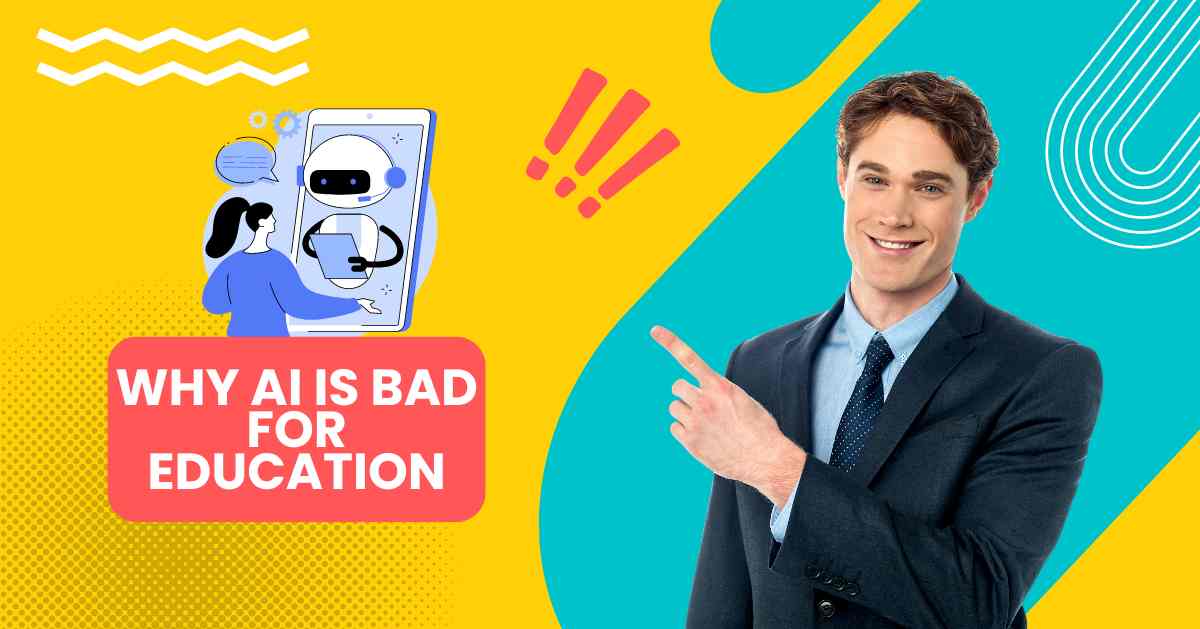The Crucial Role of Artificial Intelligence in Modern Education
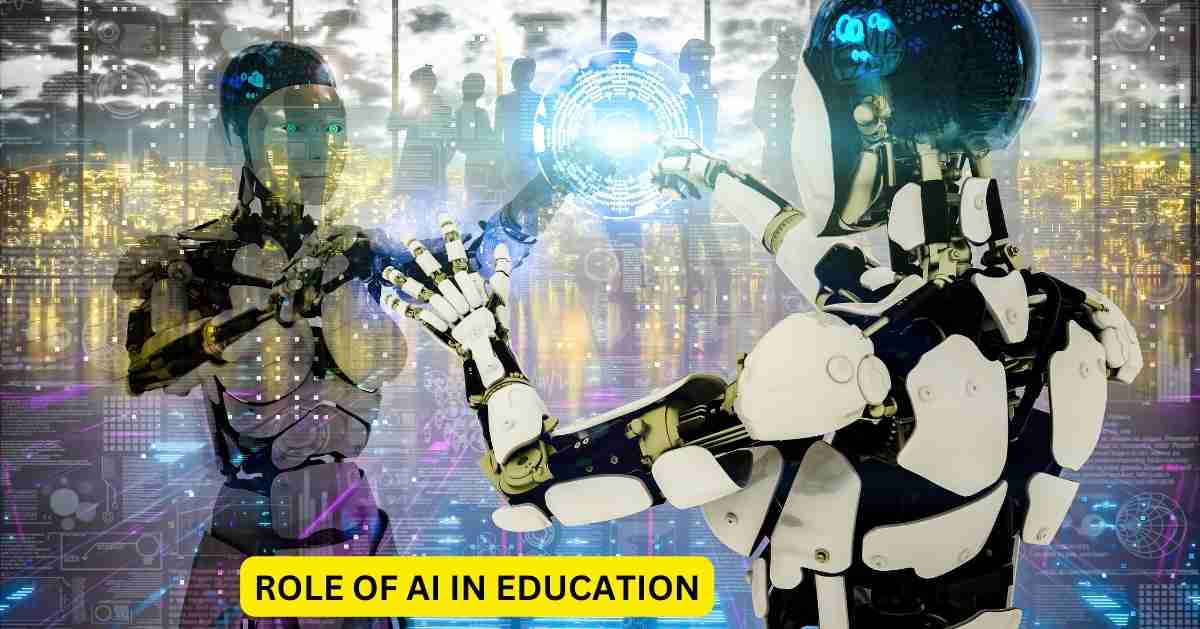
In education, artificial intelligence (AI) acts as a superhero, assisting educators and learners. Picture having a companion who understands your learning style and can customize lessons to suit you perfectly—that’s the essence of AI! From learning journeys to acting as your around-the-clock tutor, AI enhances the educational experience, making it more interactive and accessible. Moreover, it assists teachers by assessing assignments. With AI at hand, education transforms into a journey on which everyone has the opportunity to thrive!
Exploring How AI Helps in Education: A Simple Guide
Step 1: Personalized Learning: AI tailors learning experiences based on students’ unique strengths and weaknesses, customizing lessons and activities to meet needs and promote learning for all.
Step 2: Smart Tutoring: AI is a virtual tutor, available 24/7 to explain concepts, quiz students, and provide instant feedback. It’s like having a knowledgeable study buddy who never gets tired or frustrated.
Step 3: Grading Assistance: AI helps teachers by automating the grading process. It quickly assesses assignments, quizzes, and tests, freeing up time for educators to focus on teaching rather than paperwork.
Step 4: Predictive Analysis: AI analyzes students’ past performance and learning patterns to predict future progress. It suggests areas for improvement and recommends personalized learning paths to maximize success.
Step 5: Accessibility Support: AI assists in expanding access by translating text into languages, creating audio recordings for visually impaired students, and customizing materials for learners requiring additional support. It ensures that everyone has equal opportunities to learn and thrive.
By following these steps, AI enhances the educational experience for students and teachers alike, making learning more effective, engaging, and accessible for all.
AI’s Impact on Education: Empowering Teachers and Students
Research from BestColleges shows that over 61% of US college students predict AI will soon become a standard part of education. Why? The answer is simple: AI transforms education by boosting existing tools and introducing new, groundbreaking solutions. Here’s how:
1. Smart Content Creation & Recommendations: AI-powered chatbots and voice assistants assist educators in crafting and selecting educational content. These tools generate practice questions, quizzes, and lesson plans, saving time and enhancing learning experiences.
2. Data-Driven Decision-Making: Educational institutions are embracing AI to make decisions based on data insights. By analyzing large datasets, AI identifies trends, evaluates teaching methods’ effectiveness, and guides curriculum development. This data-driven approach empowers educators to enhance the quality of education provided.
3. Accessibility & Inclusivity: AI is breaking barriers by improving accessibility and inclusivity in education. Technologies like speech recognition and text-to-speech aid students with visual or hearing impairments, ensuring they can fully engage with educational materials. This fosters a more inclusive learning environment for all students.
[Read More: The Importance of AI in Education]
AI Education: 5 Tough Challenges Ahead
AI is becoming more common in education, providing many benefits for teachers and students. But it’s not all easy.
1. Keeping Things Safe: Security & Privacy
When using AI in education, a big worry is keeping everything safe and private.
1. Data Privacy: AI needs lots of personal information to work well. This raises concerns about keeping student data private and ensuring it’s not misused. It’s important to follow privacy laws like GDPR in Europe and keep student data confidential.
2. Cybersecurity: Hackers could access student information and cause trouble. Schools need strong cybersecurity to prevent these threats.
Helpful Hint: Schools should invest in cybersecurity and teach everyone about safe data practices to stay protected.
2. Getting the Right Tools: Tech Infrastructure & Access
Another big challenge is having the right tech stuff for AI.
1. Hardware & Software: Many schools lack the gadgets and programs needed for AI. This can make it hard for some students to keep up if they don’t have access to AI learning tools.
2. Training & Learning: Using AI in education means teachers need training. This costs money and takes time. Teachers must learn to use AI tools well and need help if anything goes wrong.
Handy Tip: To show teachers the benefits of AI, share stats like that—nearly half of them think AI makes learning better, according to a Quizlet survey.
3. Facing Change: Overcoming Resistance to AI in Education
Some people are hesitant about using AI in education. Here’s why:
1. Fear of Automation: Teachers worry that AI might replace them, removing the human touch in teaching. They’re afraid that AI could do parts of their job, leading to less interaction with students.
2. Misunderstanding AI: Many educators don’t fully understand how AI works. They might think it threatens their job security or will make teaching less important.
Top Tip: To get teachers on board with AI, show them how it can improve learning. Offer workshops and webinars to teach them about the benefits of using AI in education.
4. Navigating Ethics: Ensuring Fairness in AI Education
Using AI in education brings up important ethical issues:
1. Bias in Training: AI learns from past data, which can include biases. This means it might mistreat students based on things like race or gender, going against the idea of a fair education.
2. Lack of Transparency: Sometimes, we can’t see how AI makes decisions. This lack of transparency is a big worry, especially if AI decisions affect students’ education.
Pro Tip: To handle these ethical worries, involve different kinds of people in developing and using AI in education. This helps spot and fix biases in AI data and ensures fair and clear decisions.
5. Finding the Right Balance: AI and Human Interaction in Education
Mixing AI with human interaction is important in education.
1. AI Isn’t Human: Even though AI can help with school tasks, it can’t give the same support as humans. Teaching needs things like understanding emotions, providing encouragement, and building social skills that AI can’t do.
2. Not Too Much AI: Relying too much on AI might prevent students from thinking for themselves and solving problems independently. AI should help teachers, not take their place.
Handy Tip: Use AI to help with tasks like organizing and personalized learning while teachers focus on teaching skills like thinking critically, being creative, and getting along with others.
Conclusion
Artificial intelligence is changing how we learn in education by customizing teaching, improving access, and streamlining duties. By incorporating AI, we create learning spaces to boost student participation and gain information from analyzing data. Embracing AI in education offers a way to teach, equipping students for a tech-driven world.
FAQs
AI personalizes learning, aids teachers with tasks, and supports diverse student needs.
AI customizes lessons, offers interactive experiences, and provides instant feedback to keep students engaged.
AI is used for personalized tutoring, grading, career advice, research support, and automating administrative tasks.
AI transforms education by personalizing learning, improving resource access, automating tasks, and enabling more interactive teaching.
AI adapts content, provides special education resources, translates materials, and offers 24/7 tutoring support.
AI enhances education but must address data privacy and access issues.
AI complements teachers by handling tasks and providing insights, but it cannot replace them.
AI personalizes learning, boosts efficiency, supports diverse needs, and prepares students for a tech-driven future.


